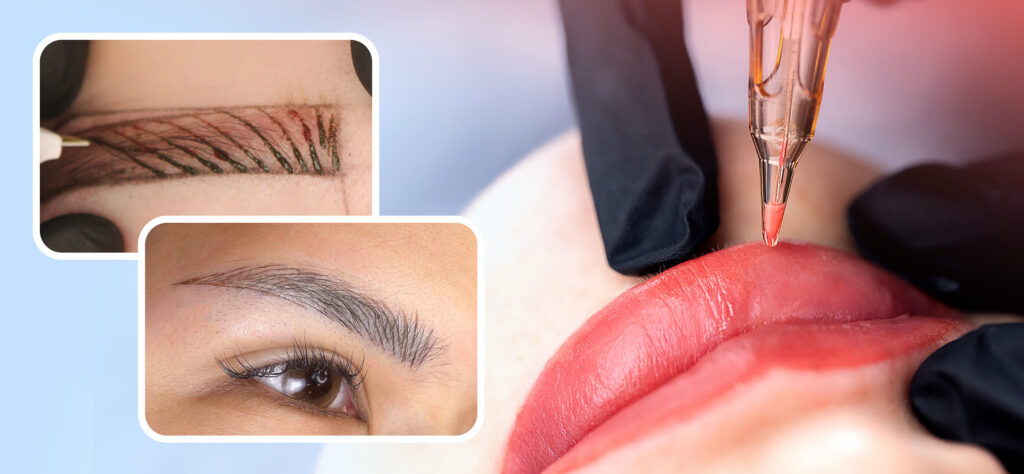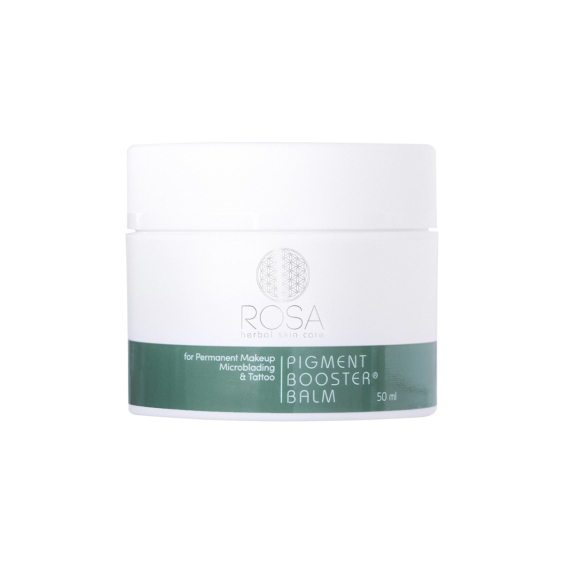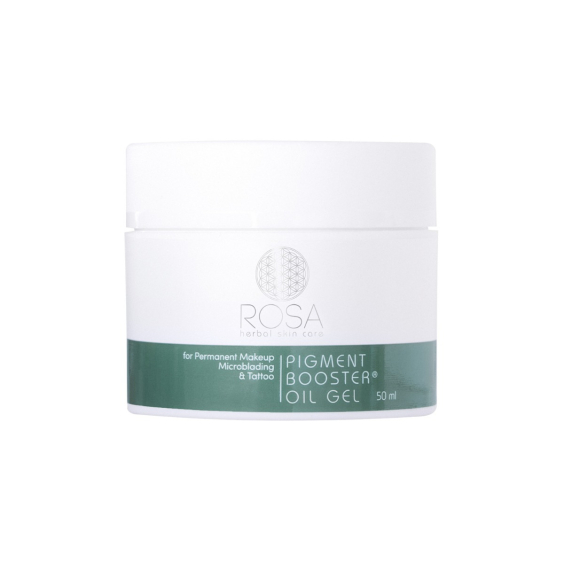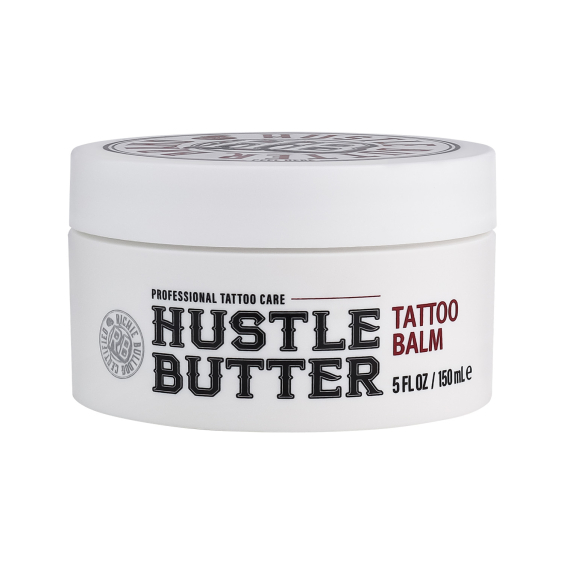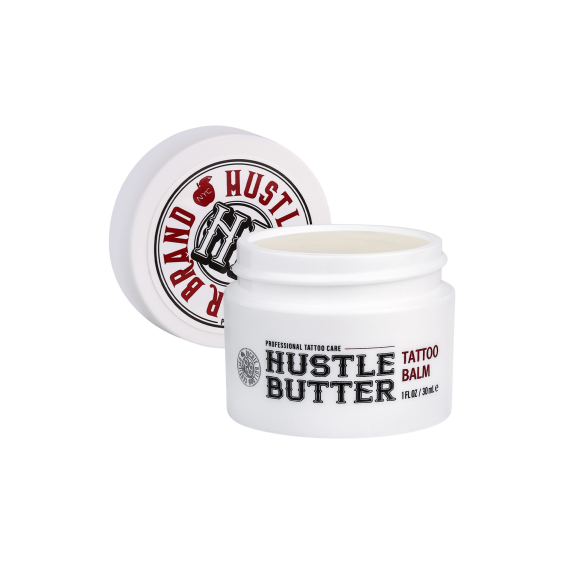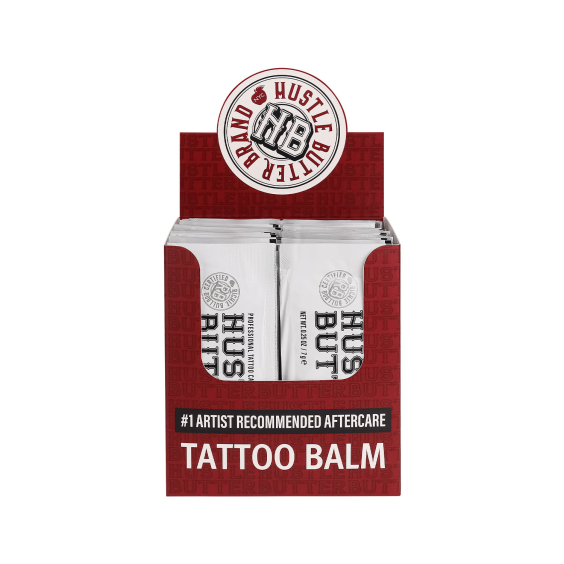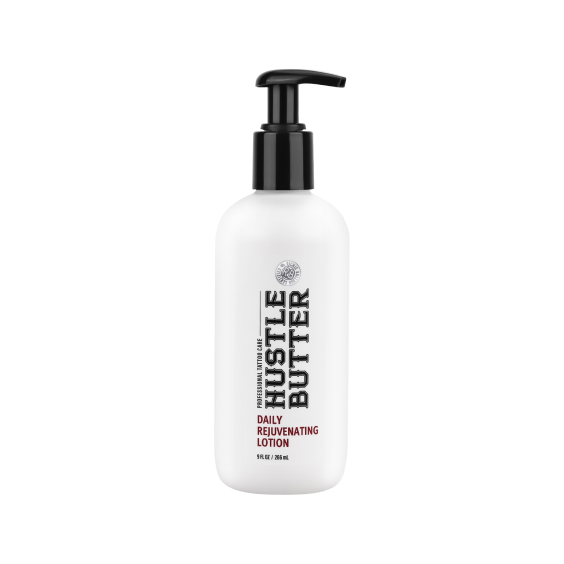Managing Complications in PMU
If you want to create flawless, natural-looking, and long-lasting permanent makeup for your clients, it’s important to understand the possible complications that can arise following treatment.
While complications can be avoided with using the correct techniques, high-quality equipment, and ensuring you continually invest in your PMU education so you're always working at a high level, they can still occur and it’s important to know how to manage any issues if they arise.
Read on to learn what complications can occur after PMU treatments, tips for preventing them, and how to handle them if they do occur!
Common Complications in PMU
There are several complications that can occur after PMU treatments, including:
- Irritation
- Excess bleeding or scabbing
- Poor retention
- Pigment discolouration
- Infection and scarring (in extreme cases)
Tips for Preventing Complications
Whilst these complications can’t always be avoided, there are steps you can take to prevent them from occurring and ensure your clients walk away with flawless PMU!
- Pre-Care and Aftercare
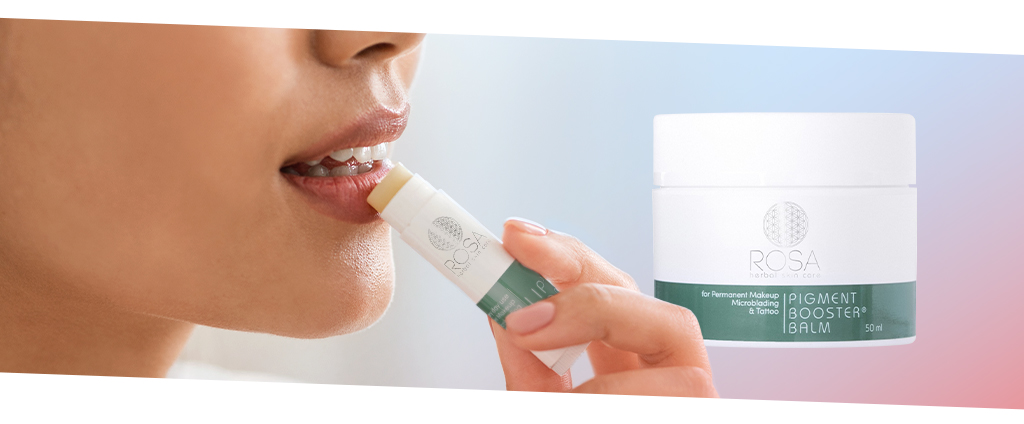
You should always educate your clients around the importance of pre-care, including avoiding the sun, caffeine and alcohol in the days leading up to treatment, and ensuring the skin is moisturised well to prevent poor pigment retention. You could recommend some skin preparation products to your clients, including the Rosa Herbal Pigment Booster Balm, to make sure their skin is in the best condition before treatment.
It’s also important to determine the skin type of your client so you can select the right pigments and use the best techniques to get the best results!
Educating your clients around aftercare is also important. For example, helping them understand how to keep the area clean to prevent infection and ensure safe healing. You could also recommend aftercare products, including Hustle Butter Deluxe, to help keep freshly treated skin calm and hydrated to provide better healed results.
- Hygiene and Safety
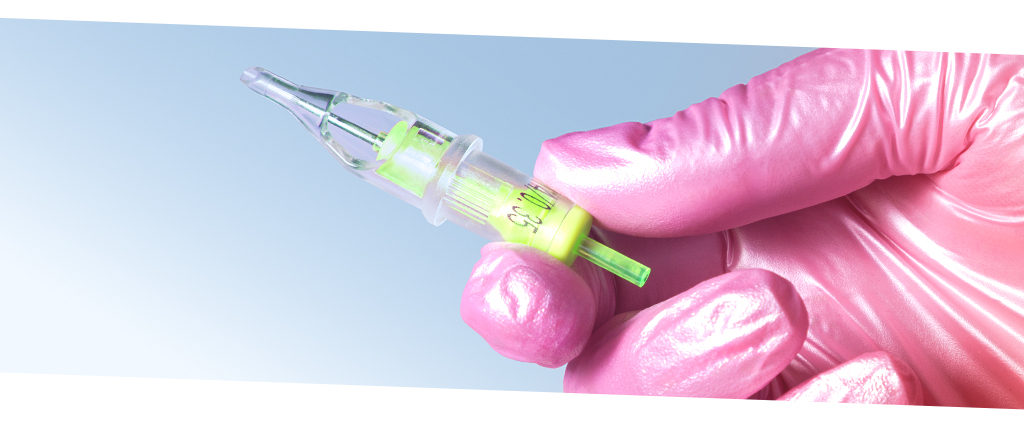
Prioritising hygiene as a PMU artist is crucial to reducing the risk of cross contamination and infection in your clients and providing flawless results.
One way to do this is using quality tools, such as choosing sterile needle cartridges with an in-built safety membrane, keeping your work tray clean, and wrapping any non-disposable equipment, such as your machine.
- Client Consultations and Expectations
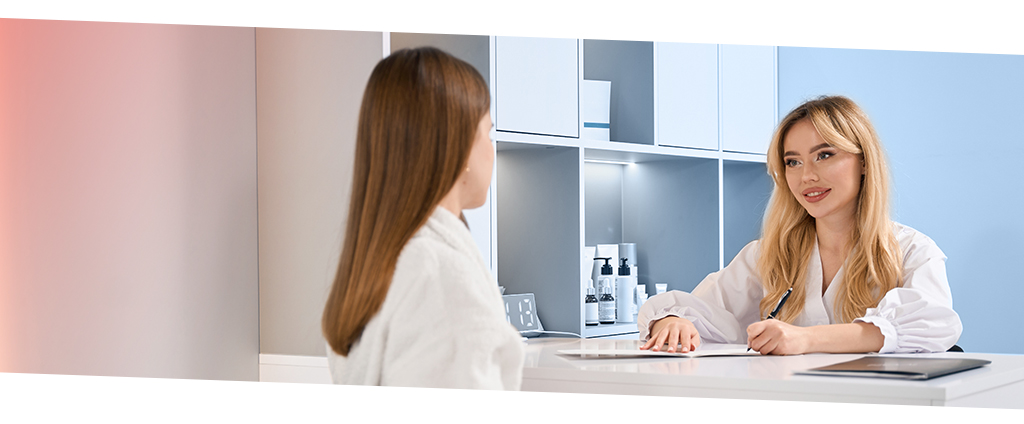
A thorough client consultation is key to setting realistic expectations and preventing complications. This is your opportunity to assess factors like skin type, lifestyle, and timing—such as whether the client is heading into a hot climate where sun exposure or water could impact healing.
Use this time to educate your client about what the procedure involves, discuss the most suitable techniques and pigments for their skin, and explain the importance of pre-care and aftercare for optimal healing.
How to Respond to Complications
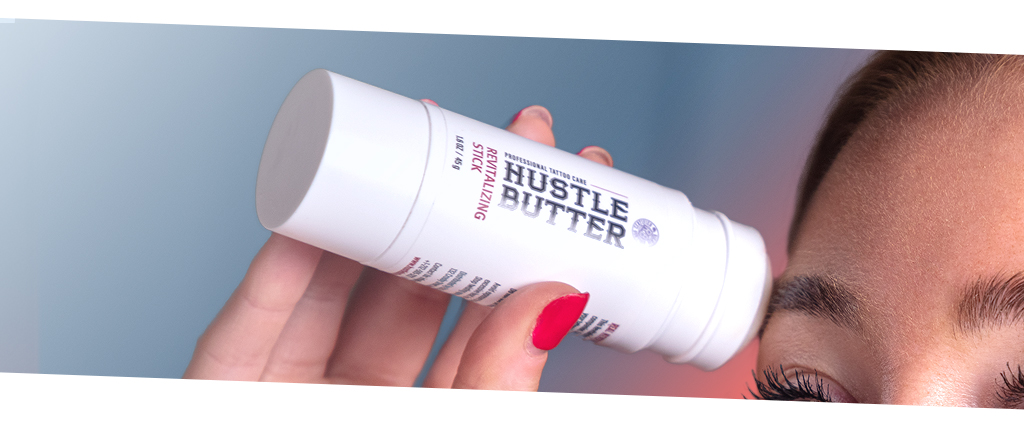
Even with the best preparation and technique, complications can sometimes occur following a PMU procedure. Being able to recognise and respond to issues when PMU has gone wrong is essential for client safety and long-term satisfaction.
For mild redness or irritation, reassure your client that this is a common reaction that typically subsides within 48 hours. Recommend soothing aftercare products like Hustle Butter Deluxe to reduce inflammation and promote healing. Providing detailed aftercare instructions will also help minimise discomfort and prevent further irritation.
In cases of poor pigment retention, assess all contributing factors—this may include the depth or technique used during application, the type or formulation of pigment, or the client's adherence to aftercare. Reviewing the procedure and discussing it openly with the client can help determine whether a touch-up is needed and how to avoid similar issues in future treatments.
If there are any signs of infection, such as increased redness, swelling, pus, warmth, or fever, clients should be advised to seek immediate medical attention. While rare, infections must be taken seriously. Remind your client during their consultation and aftercare handover to monitor the area closely and not to delay seeking medical help if they suspect anything is wrong.
Final Tips for PMU Artists
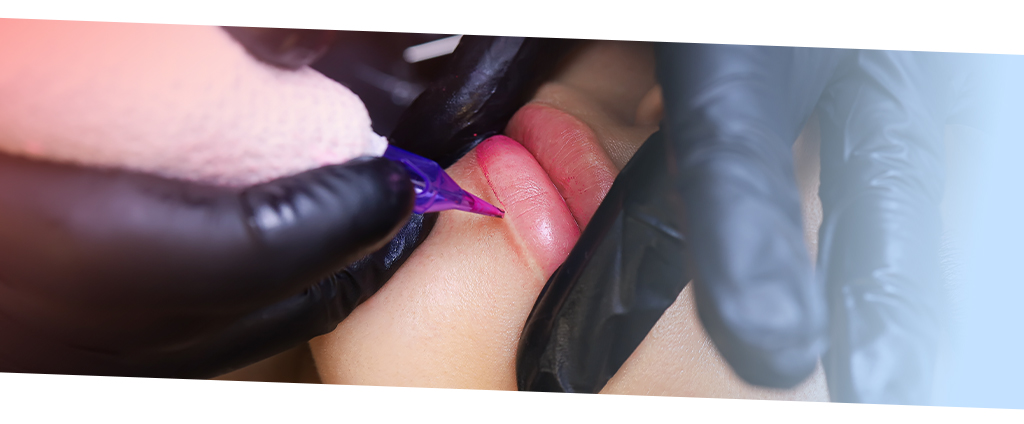
As a PMU artist, staying prepared is just as important as perfecting your technique. Complications can happen—but how you respond makes all the difference.
Keep investing in your education to stay current on the latest techniques, safety standards, and industry best practices. Encourage open and honest communication with your clients from the consultation process through to aftercare.
When complications do occur, remain calm, professional, and supportive. Reassure your clients and guide them through the appropriate next steps. Your confidence and care can make a huge difference in how they experience the situation.
Above all, empower your clients with knowledge and education for safe healing and successful results. By staying informed and proactive, you’ll not only reduce the risk of complications—but also build trust, deliver safer treatments, and achieve better results every time.
